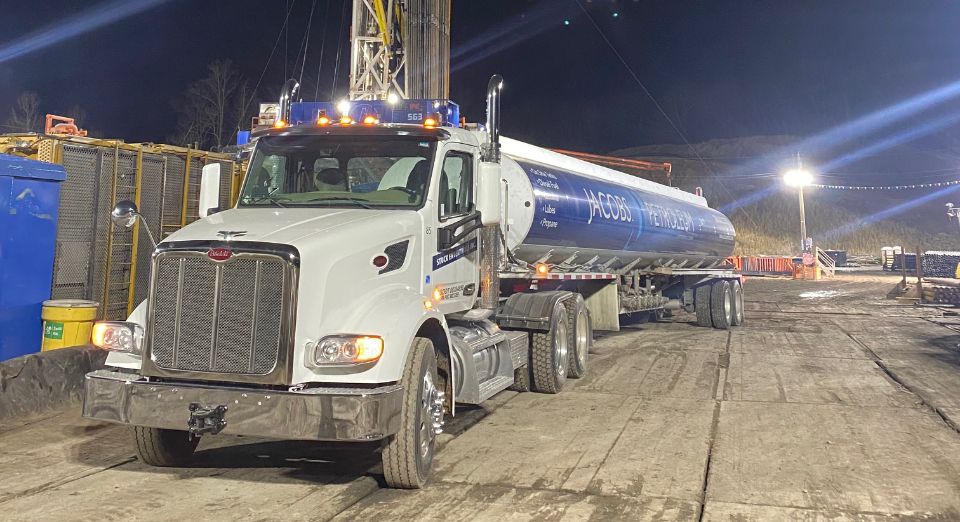What Fleet Owners Need to Know About Lubricants

What fleet owners need to know about lubricants for cars, trucks, or heavy-duty vehicles. Lubricants play a crucial role in their performance and longevity. In this blog post, we will discuss the basics of lubricants and why they are so important for your vehicles.
What Are Lubricants?
Lubricants are substances used to reduce friction between two moving surfaces. They come in many forms, including liquid oils and greases. These materials are designed to create a thin film that helps reduce friction between two surfaces when they move against each other. This reduces wear on both surfaces and prevents excessive heat buildup that can cause damage over time.
What Fleet Owners Need to Know About Types of Lubricants
There are several types of lubricants available on the market today. Each type is designed to meet specific needs based on operating conditions, temperature ranges, and other factors. The most common types of lubricant include engine oil, transmission fluid, power steering fluid, brake fluid, gear oil, hydraulic fluid, grease, coolant/anti-freeze, and differential oil. Specialized lubricants such as: Transmission and Torque Fluids, Absorbent Materials, Marine Lubricants, Gear Lubricants, Greases, Industrial Oils, Aviation Lubricants, Antifreeze, Heavy Duty Motor Oils, and Passenger Car Motor Oils can be found at your local Petroleum Provider.
How To Choose The Right Lubricant For Your Fleet
When choosing a lubricant for your fleet maintenance needs, it’s important to consider the type of application you’ll be using it for (engine oil vs grease vs synthetic). For example, some applications may require a higher viscosity or specific additives depending on the temperature range or environment you’re operating in (e.g., extreme cold temperatures may require special additives). Additionally, we recommend that you read the product specifications before making a purchase. This will ensure that you get exactly what you need for your specific application. It's best to talk to a professional regarding your lubricant needs.
Benefits of Using Lubricants
Using the correct type of lubricant offers several benefits for your fleet vehicles:
• Reduced Wear – Lubricants create a thin film between two surfaces that reduces friction as they move against each other. This eliminates excess wear that can occur over time from metal-on-metal contact. This can help extend the life of components such as engines and transmissions by reducing wear caused by friction.
• Improved Efficiency – Lubricants reduce the amount of friction between two surfaces. This reduces energy loss due to heat buildup which increases efficiency and performance. This also decreases fuel consumption in some cases.
• Reduced Maintenance – As noted above using the right type of lubricant can help extend component life which reduces maintenance costs associated with replacing worn out parts or components prematurely due to excessive wear caused by friction or heat buildup.
As a fleet owner, it’s essential for you to choose the right type of lubricant for your machinery. This will keep your fleet running smoothly and efficiently for as long as possible. With so many different types available on the market, there’s sure to be something out there that meets your needs precisely. Be sure do your research before making any purchase decisions so you can get exactly what you need at the best price possible! Properly maintaining your fleet vehicles is essential if you want them to last and perform at an optimal level for years to come. Contact your local petroleum provider to thoroughly discuss lubricants for your fleet.